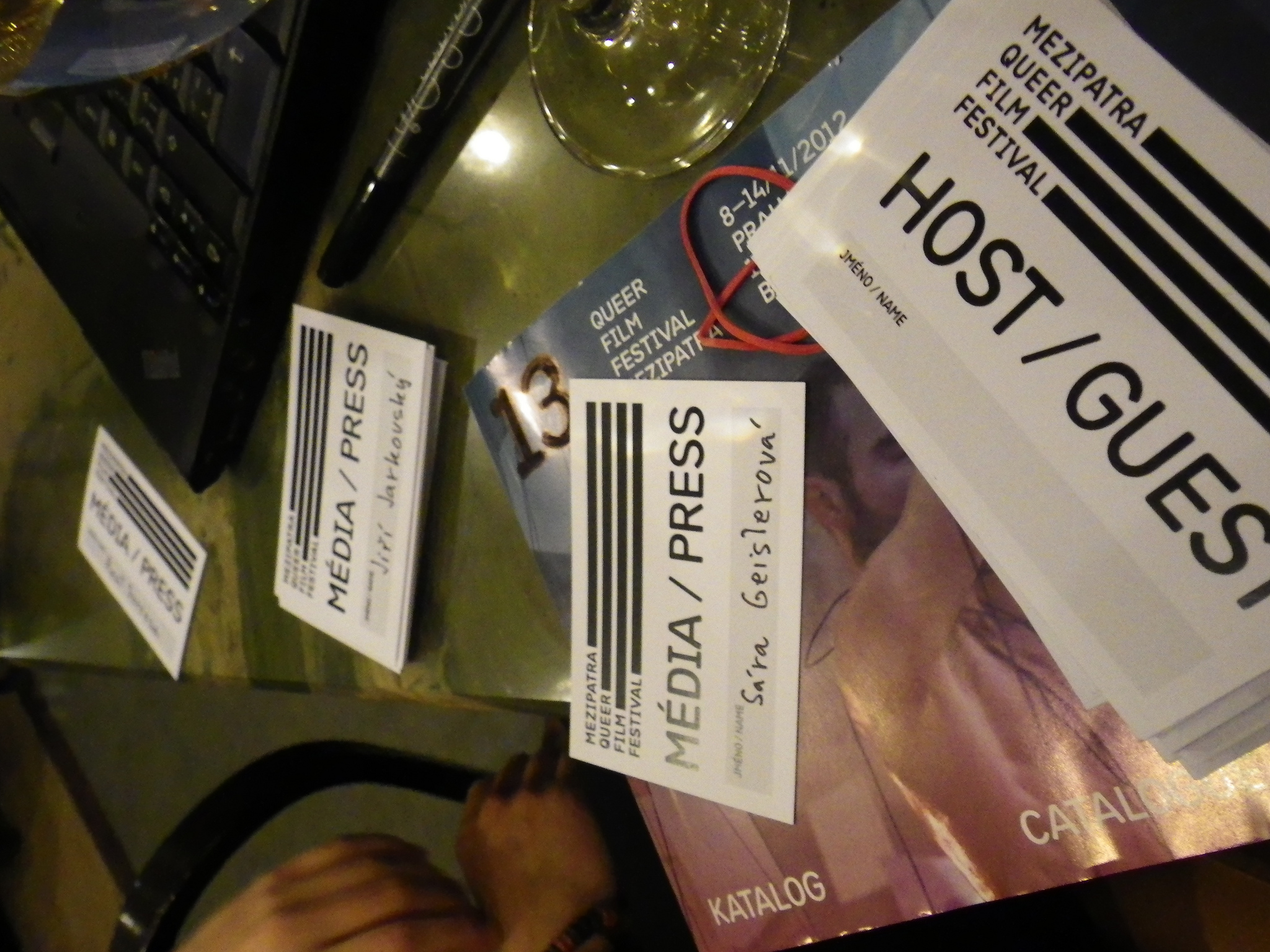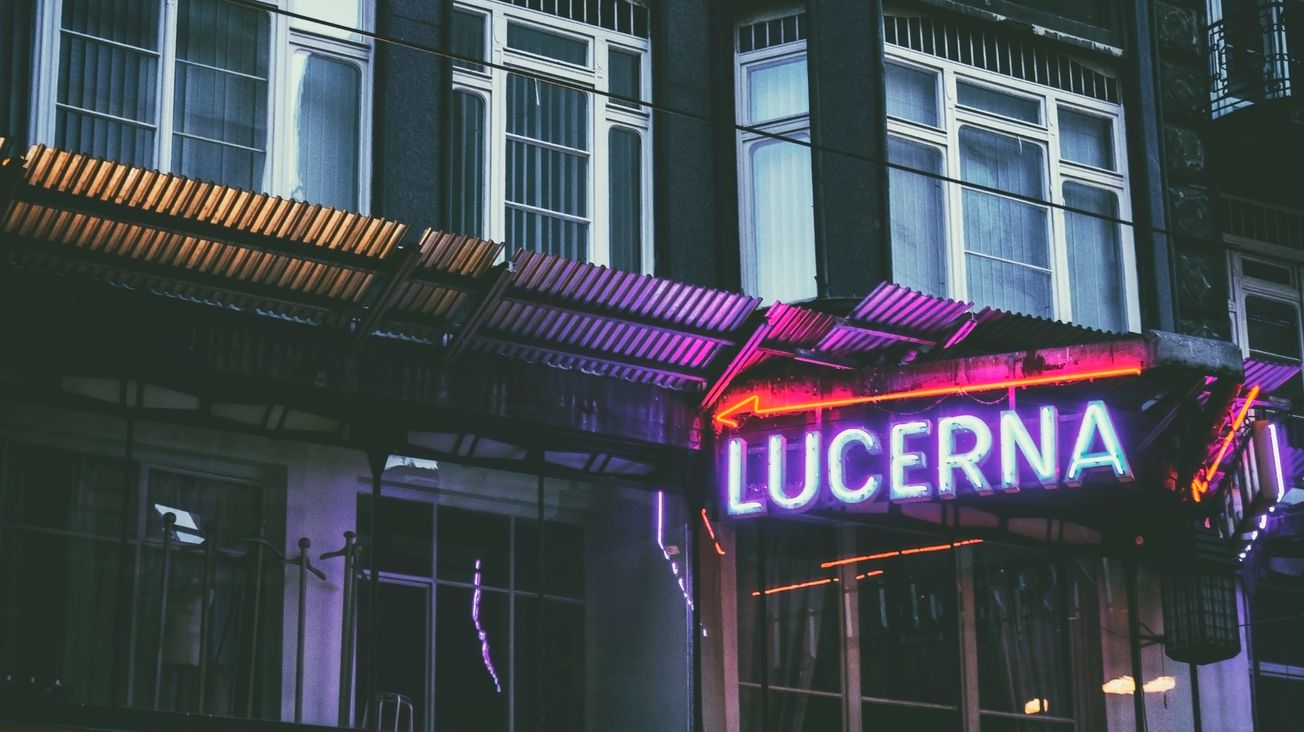By Owen Barlow Third Year Liberal Arts
From queer arts to feminist voices, Owen Barlow shares his experiences exploring the progressive LGBT+ scene of the Czech capital.
For a former city under the Iron Curtain, today the city of Prague proves to be a place where experimental arts, alternative music, and progressive political activism flourish. In the city centre, you can find the Q-café, a personal favourite LGBT+ place of mine for a beer or two, or a little further out into the districts of Vinohrady and Žizkov you can find Piano Bar, The Saints Café, and Klub 21.
Even further off the beaten track, the ROH Cooperative Café, a cosy café in a quiet environment on the Vítkov bicycle path will host a transgender focussed event later this year. Similarly, A Maze in Tchaiovna, an inclusive community-based vegetarian tearoom in Hradčany offers the widest selection of herbal teas and craft beer I have yet to find in Prague. The tearoom stays open late into the evening to host spoken-word, their renowned ‘TEA Talks’, creative workshops, language classes (Czech and Arabic), stand-up comedy, gig-nights, and spoken word events. The Integration Centre Prague also supported a ‘Feminist Voice Party’ hosted by Cafe Prostoru in Dejvice to raise awareness on sexual harassment and for fellow feminists to congregate. Creative types will definitely be attracted to Studio Alta which acts as a creative hub for theatre and opens up their “living room” as a bar and café for workshops, writers’ events, and music every week.
Most famously, every November sees the Mezipatra Queer Film Festival revitalise the queer art scene in the Czech Republic’s major cities: Prague and Brno. This year was the 19th edition of the Film Festival, so whilst studying abroad in Prague, I made it my mission to get involved. Mezipatra is an interdisciplinary non-governmental organization composed of artists, writers, political activists, charity workers, graphic designers, and various academics. I sought to work with this NGO to expand my knowledge of queer cultural life in Central Europe, and both support and participate in an international art scene.
Over the 8-day festival, the Mezipatra team organized four club events, platforming renowned DJ’s ranging from Berlin to Moscow, including ‘Fata Morgana’ and ‘DJs Tasya and Mary. C’ at Ankali – a must-visit destination for electronic music fans. One of the major successes of the festival was our hugely popular Drag party held at Patra, Vršovice – a cultural centre, and an alternative LGBT+ friendly location for coffee, food, and beer.
The main attraction of the festival, however, was its vast proliferation of queer art: film, photography, and literature on the beautiful art nouveau site of the Palác Lucerna (Lucerna Palace) – a worthwhile tourist attraction in and of itself. My favourite films screened at the festival included A Deal with the Universe, a film documenting the experience of a trans man’s fierce attempt to have a baby, We The Animals, a coming-of-age film tracing the life of a young Latino boy and how he negotiated his sexuality alongside his close-relationship with his heterosexual older brothers, and finally Postcards From London a film capturing the life of a group of rent boys (male sex workers) in Soho.

Flickr / Josef Kocmid
We also hosted fruitful public lectures including ‘Queer History in the Populism Era' by Birgit Bosold and ‘Beware of the hostile fag: Acidic intimacies and gay male consciousness-raising in Mart Crowley's The Boys in the Band' (1970) by Ramzi Fawz. In these lectures Birgit Bosold, the director of the Schwules Museum (Gay Museum) in Berlin, opened herself up to critical questions from the audience about the whitewashing of queer exhibitions, and the extent to which there was a corporate influence over LGBT+ museums. These questions and the following discussions and challenged my uncritical beliefs about Berlin’s Gay Museum and animated me to be more critical of queer exhibitions and spaces in order to acknowledge some of the more marginalized voices in the queer community.
Fawaz, an upcoming queer theory and cultural studies academic, detailed a lecture about Gay Liberation’s transformation of pop culture pointing out the interconnections between Feminist consciousness-raising methods and Hollywood's first movie featuring “out” gay males. Fawaz maintained that The Boys in the Band was the only Hollywood film to visually model feminist consciousness-raising. Not only was I pleased to have attended and participated in this lecture, but also to have helped accommodate such interesting academics.
Mezipatra improves access to queer creative culture and our corresponding perspectives on the heterosexist world we inhabit. Attendants and expats, from an array of countries, often expressed gratitude for the festival, as they described to me their arduous experiences of searching for cinema screening of queer films in their respective towns, which was largely unsuccessful because of the privileging of mainstream heterosexual films in cinemas. To a certain extent, the problem of underrepresentation is replicated in many UK towns, prompting my belief that seemingly progressive cities like Bristol could greatly benefit from hosting a similar festival.
Most notably, the festival coincided with a critical historical moment regarding the legal status of gay marriage for Czech people, as an equal marriage bill has recently been put to the Czech parliament for debate. If successful, the Czech Republic would be the first country of the former Eastern Bloc to legalize equal marriage, henceforth, Mezipatra team engaged in essential collaborative solidarity work with ‘Jsme Fér' (equal marriage) campaigners to legalize equality between heterosexuals and non-heterosexuals across the Czech Republic.
From my few months spent in Prague, I can see that this city has shed the veil of a totalitarian past and has resurrected into a creative hub of progressive grassroots activity, which bubbles away underneath the initially conservative surface that one might see on a short break spent in the Old Town.
Featured Image: Flickr / Tom Mrazek
Have you experienced Prague's progressive side? Let us know!









